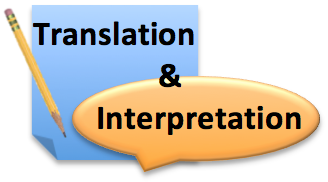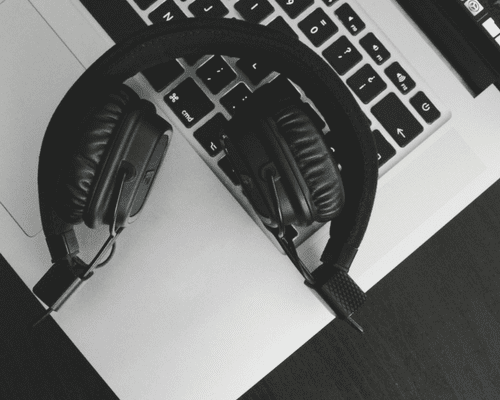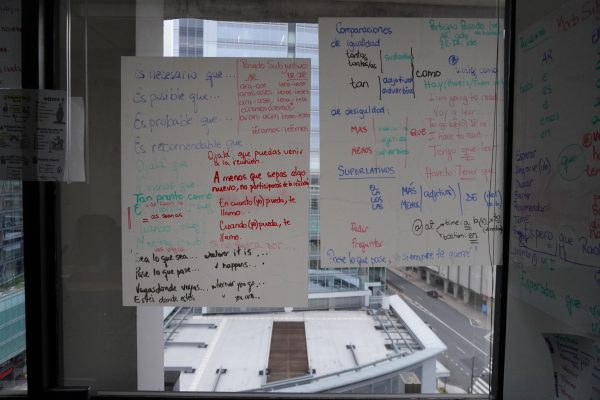
Based on the video by Paolo Torrigiani, Italian Interpreter for the European Commission
Paolo compares self-training for interpretation to the type of training athletes do to improve their skills. Athletes who train on their own in-between sessions their sessions with official trainers become even more agile, more resistant, and stronger, leading to better results. Similarly, interpretation students that practice in-between classes will continue to improve their skills and be more proficient in their next class.
Paolo lists the following tips for self-training:
Plan ahead
- Have a clear main objective for your training. This could be to improve general knowledge, improve your note taking system, etc.
- Based on that objective, decide whether this training activity would be best on your own or in a group who share that main objective, and whether this will be part of a series of trainings or a stand-alone one.
- Let your teachers know you're doing it and what your objective is. They can offer advice on what to focus on, tips on how to successfully self-train, and will hold you accountable as they follow up.
Keep a log book
- It will be very helpful to account for your activities.
- List your objective, what you did, how you did it, whether you reached the objective, and what you want to follow up on, whether it’s on your own or in the classroom.
- A log book will make you more productive and effective and can also be a helpful reference for others in the future.
Try group work
- In some cases, group training can be very helpful.
- If you pursue this option, make sure everyone is involved. Be creative! If you’re practicing simultaneous interpretation, you can assign people to different roles besides the interpreters (speaker, customers, etc.).
- It can help to listen to recordings collectively and to give feedback in a group. If you do the feedback, make sure to use a moderator to help keep everyone on the main objective you chose from the start.
Activities on your own
- You can review an electronic speech (consecutive or simultaneous).
- Prepare speeches or debates (mock conference).
- Prepare a press review.
- Review symbols for your note-taking system.
Paolo concludes that there are basically 2 categories for self-training:
- Anything you can do to improve your general knowledge and language skills.
- All activities that are linked with interpretation practice.
All of it helps, so pick and choose what you want to do, and keep practicing!



